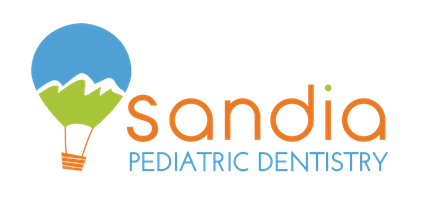 In the late teen years and long after most of your child’s permanent teeth have come in, the third molar, AKA wisdom teeth, will begin to emerge. While the wisdom teeth may fit neatly into place for some people, in other people they are either misaligned or impacted. If that occurs, it is usually recommend that they be extracted.
In the late teen years and long after most of your child’s permanent teeth have come in, the third molar, AKA wisdom teeth, will begin to emerge. While the wisdom teeth may fit neatly into place for some people, in other people they are either misaligned or impacted. If that occurs, it is usually recommend that they be extracted.
Wisdom teeth are considered impacted when they remain enclosed within the gum or jawbone, or only partially break through the gums. In most cases, an impacted wisdom tooth is painless. In fact, most people do not realize the teeth are there. However, if impacted wisdom teeth are not removed, they can lead to the following problems:
- The flap of gum above the wisdom tooth can become infected and painful; if left untreated, the infection can spread.
- Because they are in areas difficult to reach with a toothbrush and floss, impacted wisdom teeth can develop cavities.
- Impacted wisdom teeth can exert pressure on neighboring molars, leading to pain, tooth decay or crowding.
The good news is that these potential problems can be prevented or alleviated by removing the wisdom teeth, a routine procedure. In fact, the earlier the wisdom teeth are removed, the simpler the procedure is. In many cases, wisdom teeth are removed before they begin to erupt, when the roots are not yet fully developed, the bone is less dense and the tissues in the mouth can heal faster. Dr. Sjostrom will be able to advise you as to if and when a referral to the Oral Surgeon is recommended for extraction of wisdom teeth. They are best equipped and trained to make this a safe and positive experience.
Dental hygiene and regular visits to our office are important at every age. As your child approaches their late teen years (or sometimes earlier), we will begin to monitor the wisdom teeth more closely. If your child has not been in for an appointment recently, call us to schedule one. Dr. Sjostrom can assess your child’s oral health and, if appropriate, discuss the wisdom of removing the wisdom teeth.
